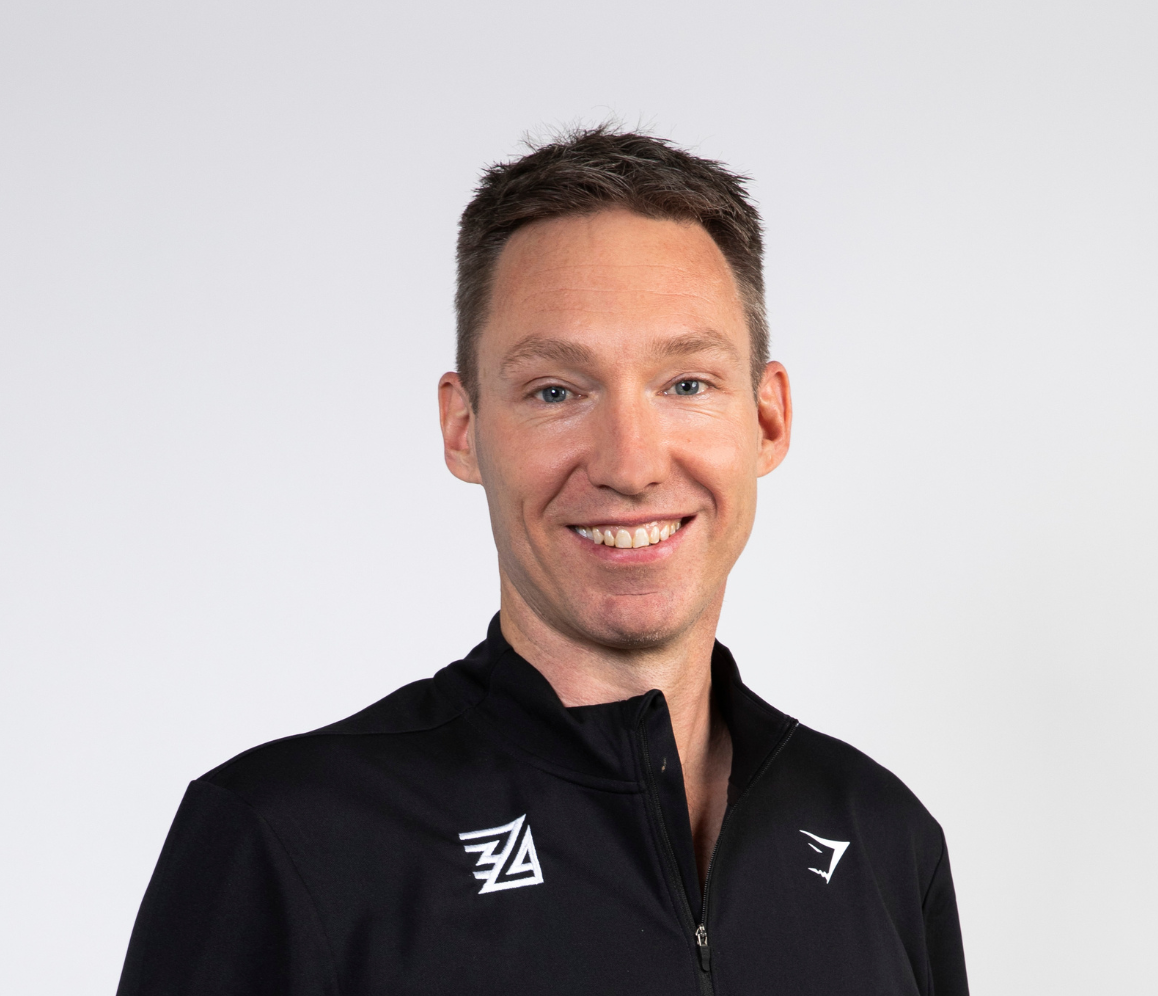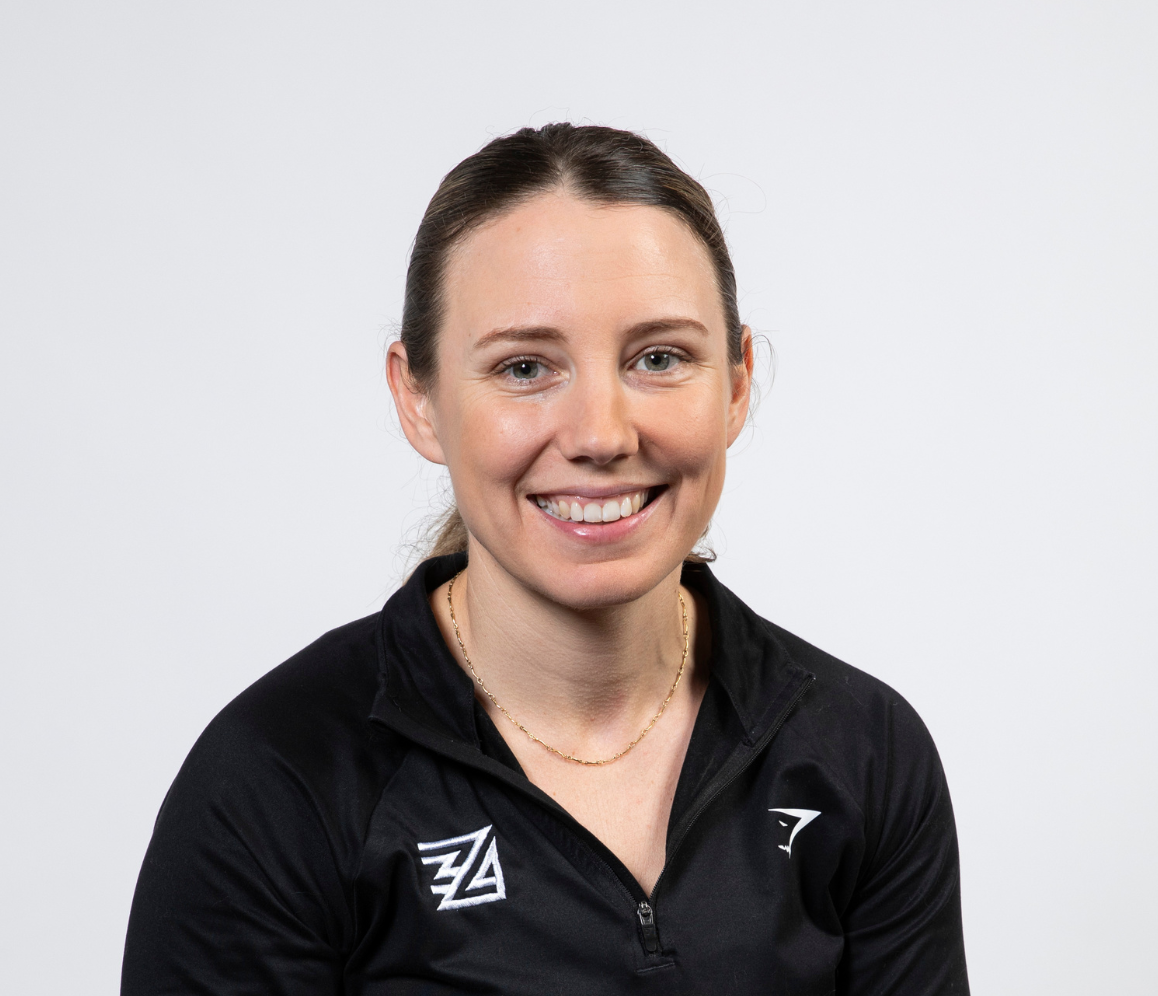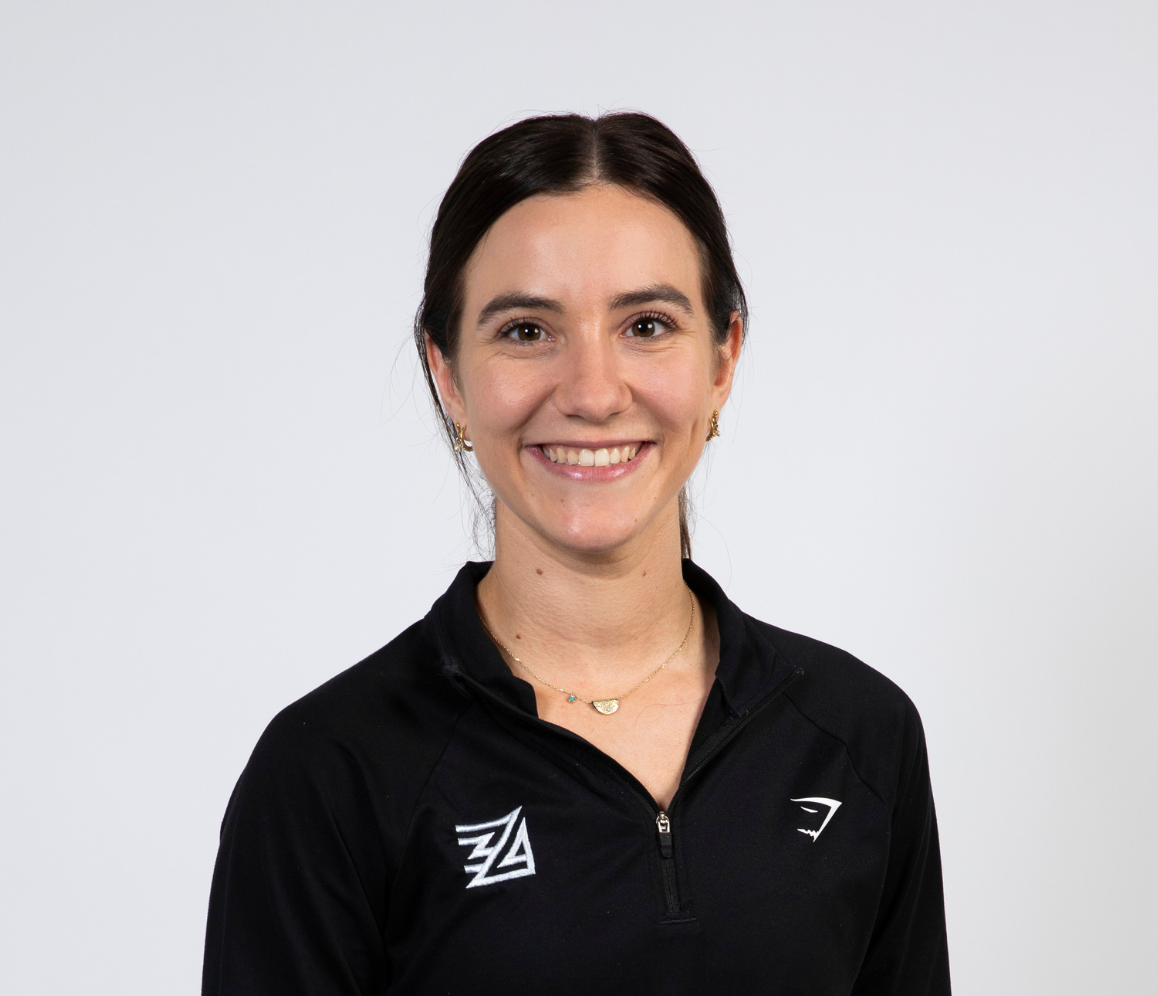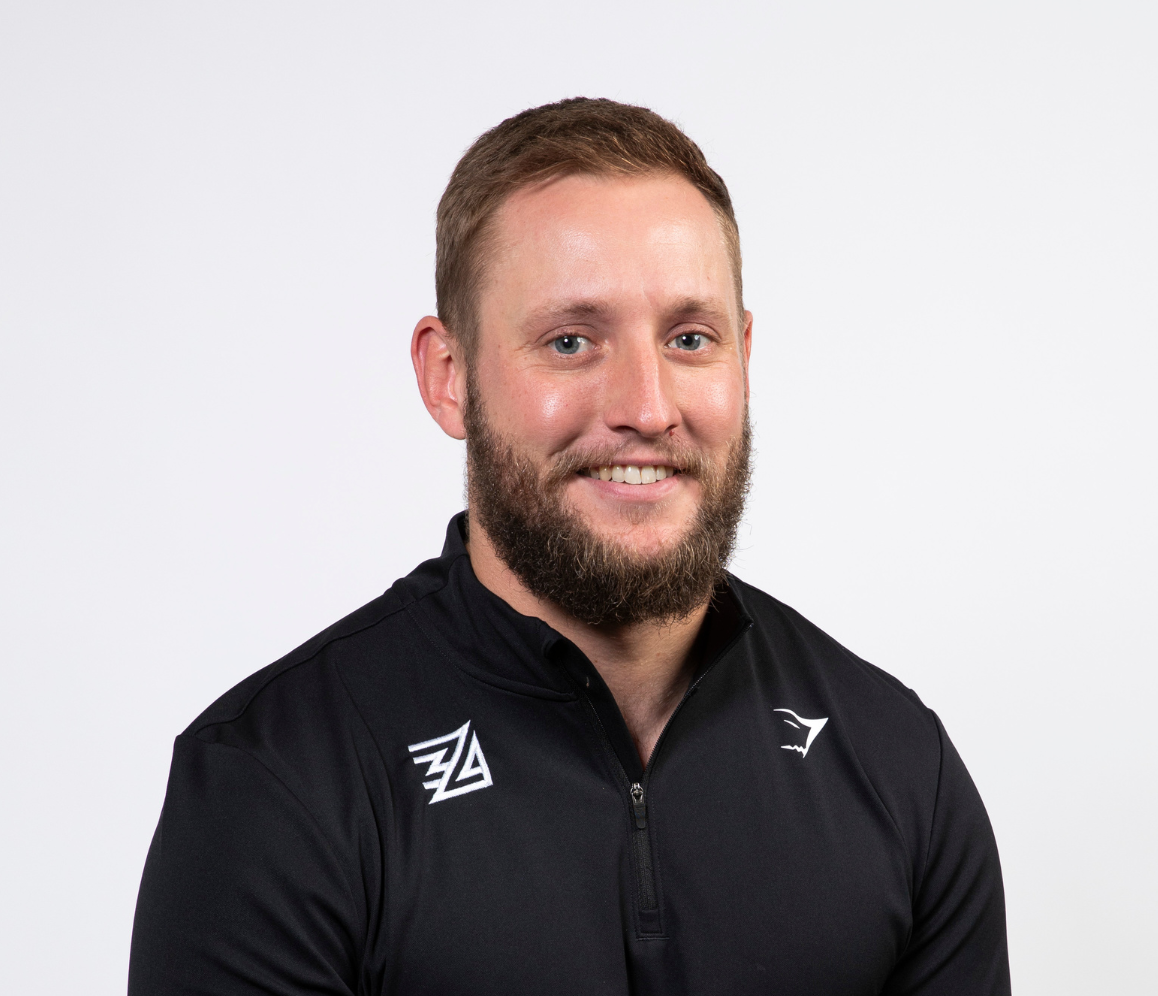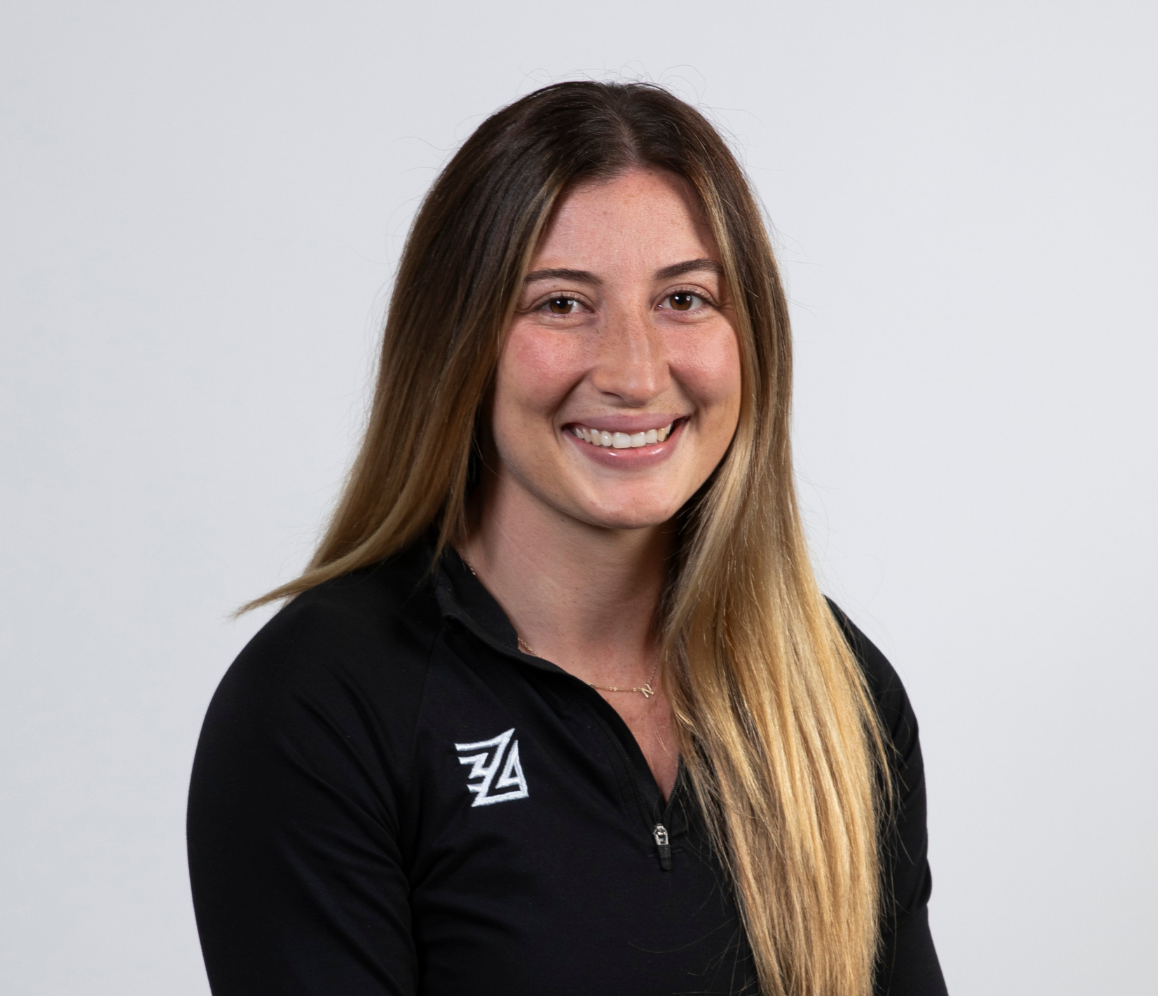Recovery Tips
Cameron Hyde. Exercise Physiologist
As a runner myself, I can relate to the joy of completing a good run, seeing personal best times and feeling fit and healthy. I truly believe it is something we cannot take for granted.
A simple non-negotiable of improving performance, and reaching your peak potential is remaining consistent.
Nobody likes getting injured or having to run in constant pain, so what strategies do runners need to be aware of when factoring in their training load and most importantly, recovery?
Without adequate recovery, an athlete has a greater risk of injury, reduced performance, and overtraining syndrome.
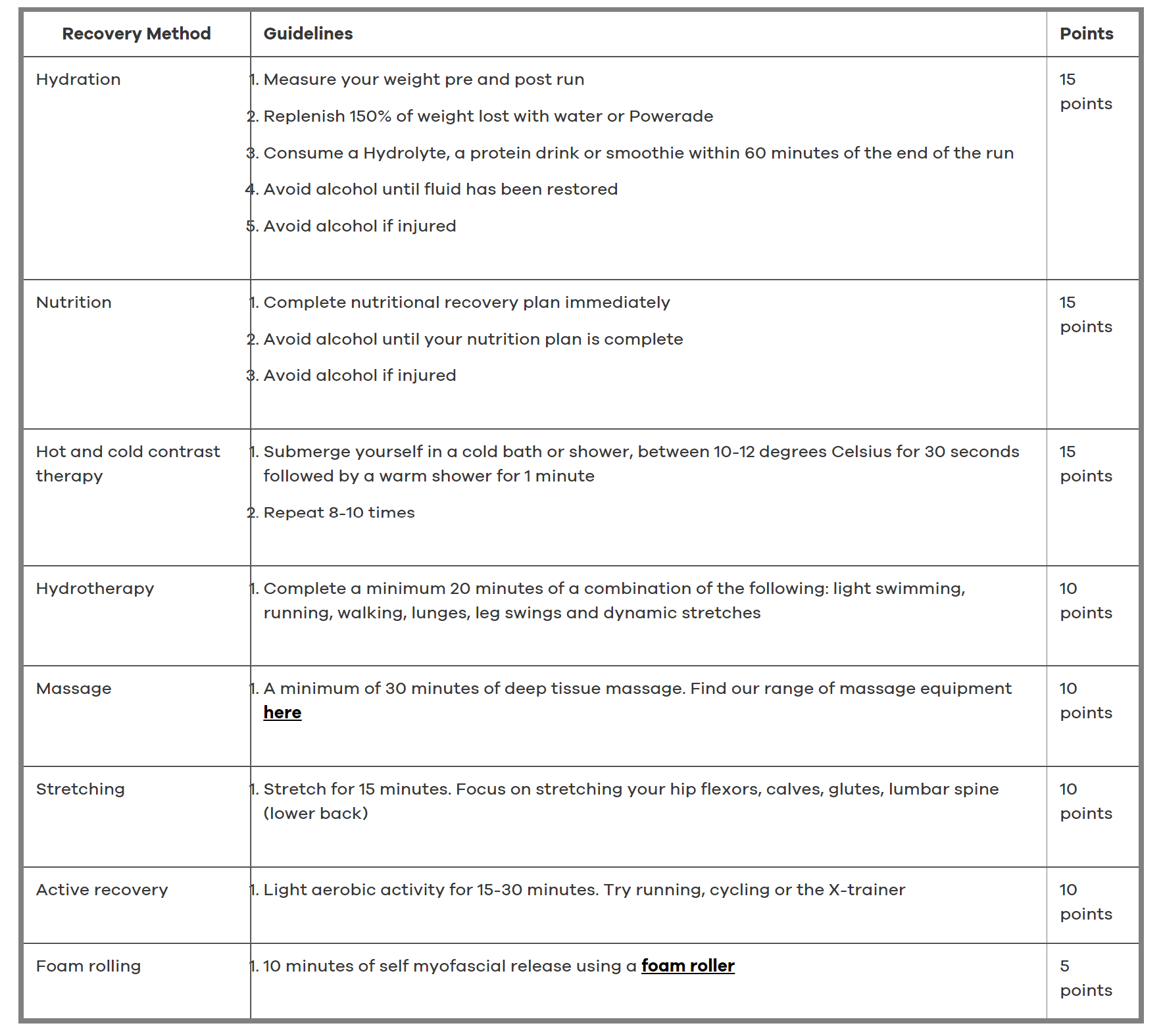
HOW TO PROMOTE RECOVERY AND ADAPTATIONS
A simple and effective way of tracking your recovery is by using the 100-Point Recovery System.
This system was developed by Stephen Bird at Charles Sturt University as an education tool as well as a way of keeping you accountable of reaching a measurable recovery target just like we aim for those kilometers in our training.
The goal of the System is for you to accumulate a minimum of 100 points per week.
Using this checklist as part of your weekly training routine can help you to remain consistent and injury free although it is just a guide it has very effective practical implications.
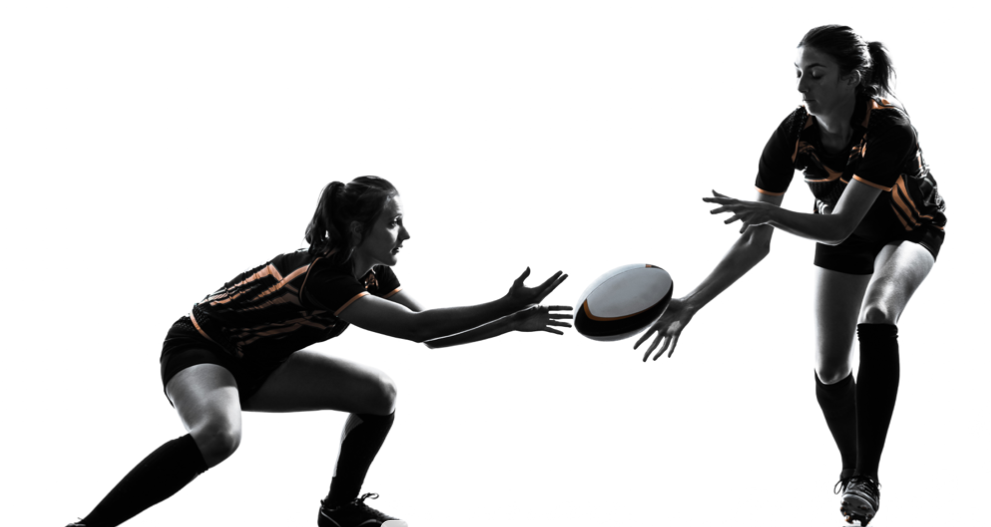
Non negiotables of recovery and performance
SLEEP HYGIENE—THE MOST AFFORDABLE AND UNDERUTILISED TOOL IN AN ATHLETE’S RECOVERY
Sleep is the absolute number 1 factor in recovery. It is the most well demonstrated and scientifically validified strategy for eliciting substantial recovery within the body. It is where your body begins to restore your nervous, muscular, and psychological systems as well as triggering a bunch of hormonal changes that result in physiological adaptations to your training load.
When you are exposed to a high training load whether it be long slow training for a marathon or high intensity training for shorter distances, emphasis on sleep is something generally poorly managed by athletes. Getting your 8 hours of sleep can be tough. Minimizing caffeine within 4-5 hours of sleep, turning off your devices at least 30 minutes before bed can help you get to sleep quicker. Try to avoid watching television in bed and avoid watching the clock.
Shona Halson is a leading expert in sleep and the elite athlete and for those looking for a more scientific reading I would recommend this article.
HYDRATION—REPLACING LOST WATER WEIGHT IS CRITICAL IN RECOVERY
We are all aware that staying hydrated while training is important for performance to avoid dehydration and cramping. Having a post-training water consumption target can help with muscle repair, reducing fatigue and helping with digestion and absorption of vital nutrients from your food.
The goal is to weigh yourself pre and post training session or event and replace it with 1.5x that with water. It would also help to avoid alcohol as it causes added inflammation to the system. By hitting these 1%ers in your training program will optimize your recovery and increase your maximal performance potential.
Following a training session, our bodies are in a state of fatigue and depletion. By following the 100-Point Recovery System and the above-mentioned recovery strategies we enable our bodies to enter a period of supercompensation. This phase can last up to 1 week and allows our bodies to tolerate more intense training load and therefore improved performance.



